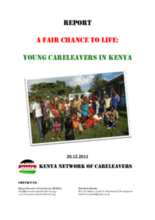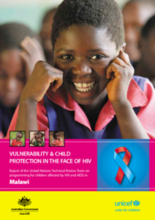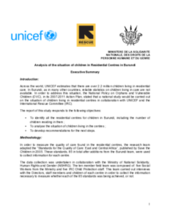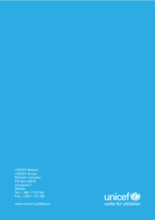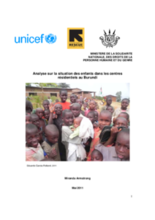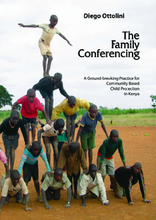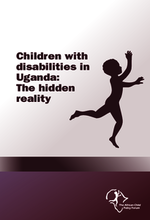Displaying 541 - 550 of 665
Documenting the young people‘s own views of what has happened during the time of leaving care and afterwards, this study explores in-depth the experiences of care leavers during the dynamic phase following their separation from an institutional care setting.
In this article, the microsimulator SOCSIM is used to estimate and project quantities such as the number of living uncles, aunts, siblings, and grandparents available to orphans in Zimbabwe.
This report reviews Malawi’s national response for children affected by HIV and AIDS. The report notes significant progress made in improving the lives of children affected by HIV and AIDS and offers key recommendations for further improvements to national policies and strategies.
This paper looks at how social protection is evolving in developing countries and how it relates to the vulnerabilities of children. It goes on to present the different conceptual models for protection and how they have changed and been influenced by the changing definition of poverty and the growth in transnational knowledge and policymaking.
The report of this study responds to the objectives of identifying all the residential centres for children in Burundi, including the number of children residing in them; analysing the situation of children living in the centres and developing recommendations for the next steps
This study commissioned by the Ministry of Gender, Children, and Community Development and financially and technically supported by UNICEF and the Better Care Network, describes the situation of children in institutional care in Malawi.
Le Gouvernement du Burundi, en collaboration avec l’UNICEF et l’ONG International Rescue Committee (IRC), a prévu de faire un état de lieux des centres résidentiels pour les enfants.
This paper shows how OVC community responses in Northern Uganda are under severe pressure from a range of factors; but how these community initiatives are not collapsing – as the ‘social rupture’ thesis predicts.
A retrospective exploratory study on 73 family group decision making conferences for children referred to institutional public services in Kenya to investigate the short, medium and long term conference outcomes on child’s safety, permanency and wellbeing.
Children with disabilities in Africa are among the most neglected groups in the policy domain as well as in the private sphere. The majority of these children face enormous economic, political, and social barriers that have an adverse impact on their physical, social and intellectual development and wellbeing.

